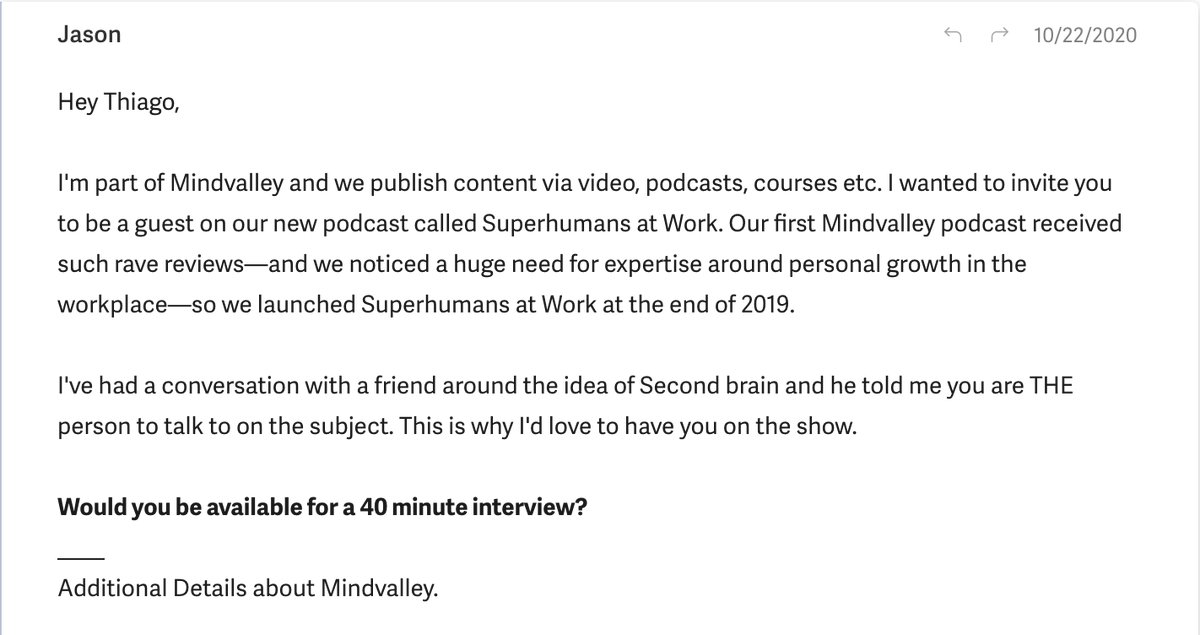
1/ There’s a little story from my childhood that explains a lot about my approach to creativity, strategy, and competition
Around 3rd or 4th grade, I was part of the chess club at my elementary school. I was so serious I once peed my pants in a game rather than use up clock time
Around 3rd or 4th grade, I was part of the chess club at my elementary school. I was so serious I once peed my pants in a game rather than use up clock time
2/ I was good, but not great. I didn’t have the raw mental horsepower to see more than 2-3 moves ahead
Then one day I discovered a trick: if I captured my opponent’s pieces in quick succession, even if they captured mine in return, they’d get flustered
Then one day I discovered a trick: if I captured my opponent’s pieces in quick succession, even if they captured mine in return, they’d get flustered
3/ They were playing to not lose pieces. So my strategy became to trade as many pieces as fast as possible. I’d especially go after their highest value pieces or any piece they relied on the most
It drove them nuts because it felt like losing even though I was losing pieces too
It drove them nuts because it felt like losing even though I was losing pieces too
4/ When they got flustered, they’d make mistakes. And I became very good at exploiting mistakes they made in the thrill of capturing my pieces, after I’d captured theirs
Basically, I became good at accelerating the game and then losing my cool slower than them
Basically, I became good at accelerating the game and then losing my cool slower than them
5/ I’d attack so aggressively, forcing them to counterattack so aggressively, that I could win in a rearguard action. Like sword fighting while retreating
That is, until I played a grandmaster
That is, until I played a grandmaster
6/ He came to our school to show us what pro chess looked like. I tried to use my strategy, but he didn’t lose his cool. I did the best against him, but ultimately he prevailed, telling me I sacrificed too much
I won a miniature magnetic chess set for my efforts
I won a miniature magnetic chess set for my efforts
7/ But this pattern set the stage for many experiences to come. I was never the smartest, but I could handle change the best. So in any situation, I sought to change the playing field as fast as possible
8/ At work, I noticed that it often was faster to take an action and see if it worked than to talk about it and reach consensus. I’d always show up to meetings with the thing we were supposed to talk about already done. It’s powerful to have a fait accompli
9/ This is how I use twitter too. If I sense a criticism or counter-point to one of my arguments, I’ll tweet it before anyone else can. I’ll go back and forth arguing with myself to try and develop my argument faster than others can take it apart
10/ And finally, this is how I run my business. Speed of iteration in an environment you control is everything. No one can really compete with you because the game itself is evolving toward what you do best. Redefining the game is the core skill of the game I’m playing
• • •
Missing some Tweet in this thread? You can try to
force a refresh



